NSYSU students design an RPG game to shed new light on Taiwanese ghost temples
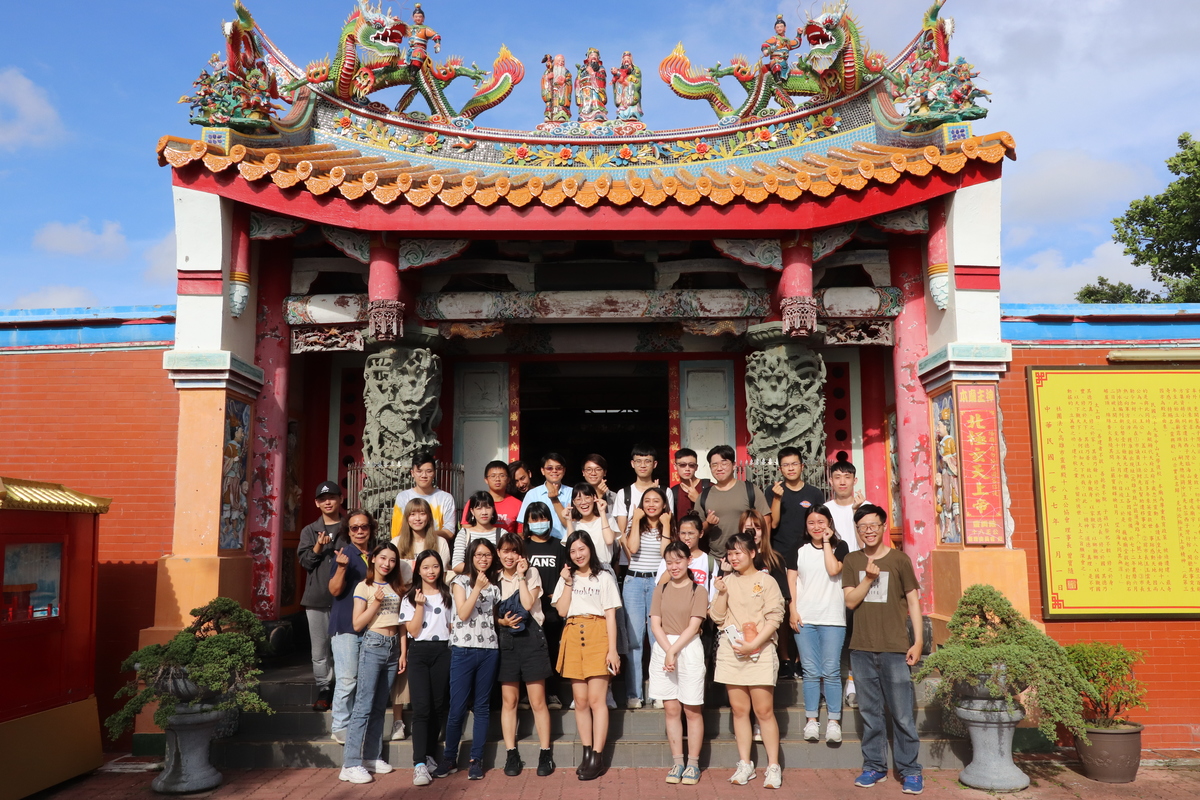
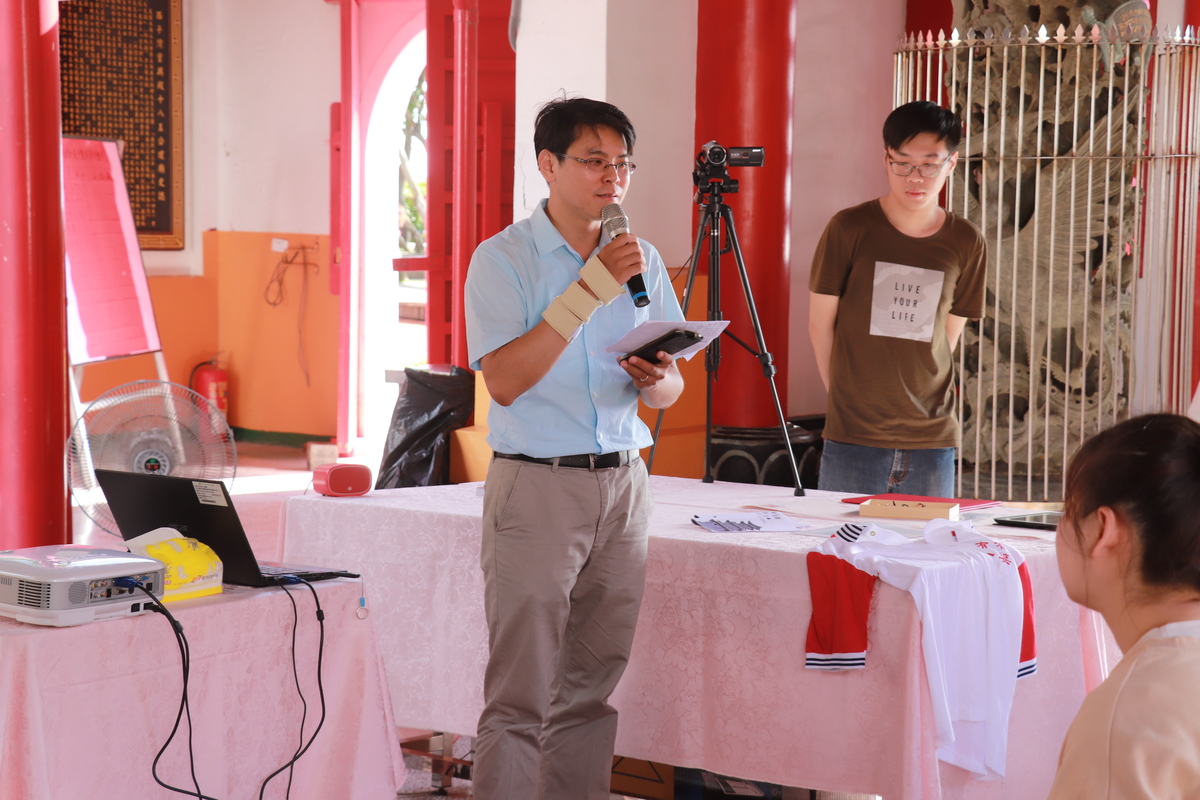
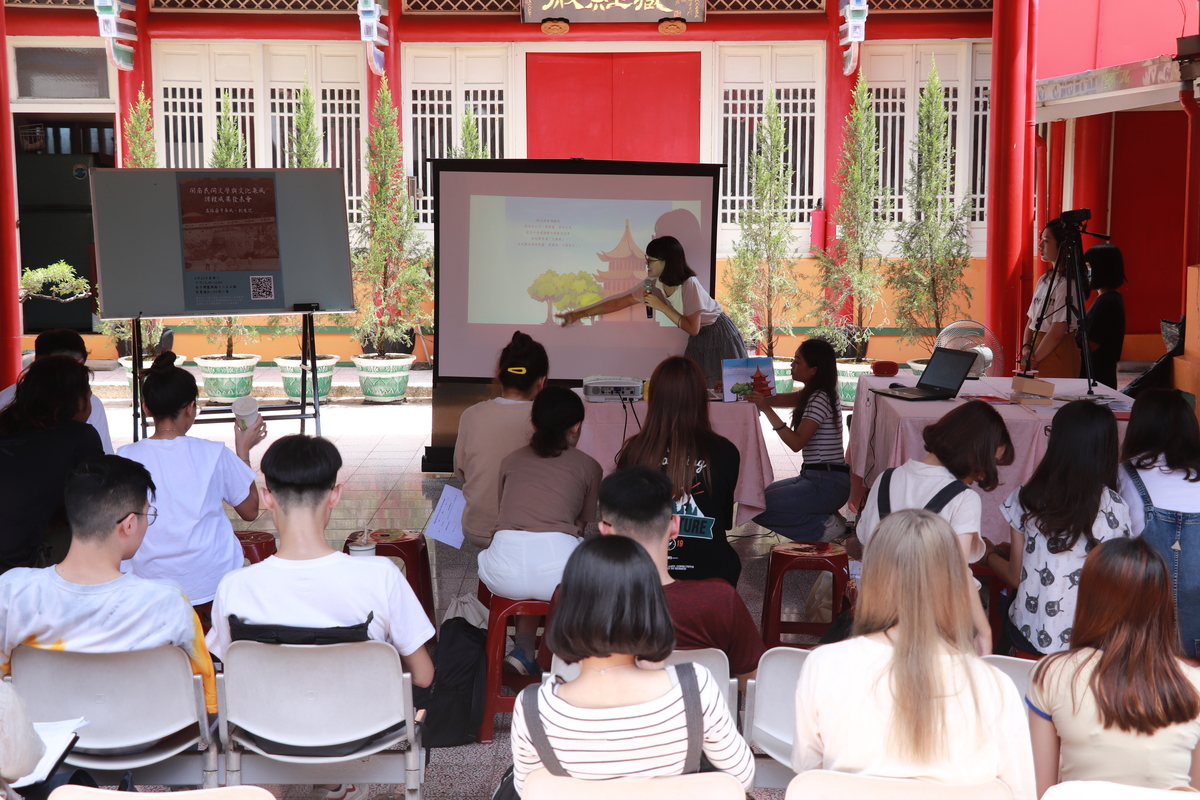
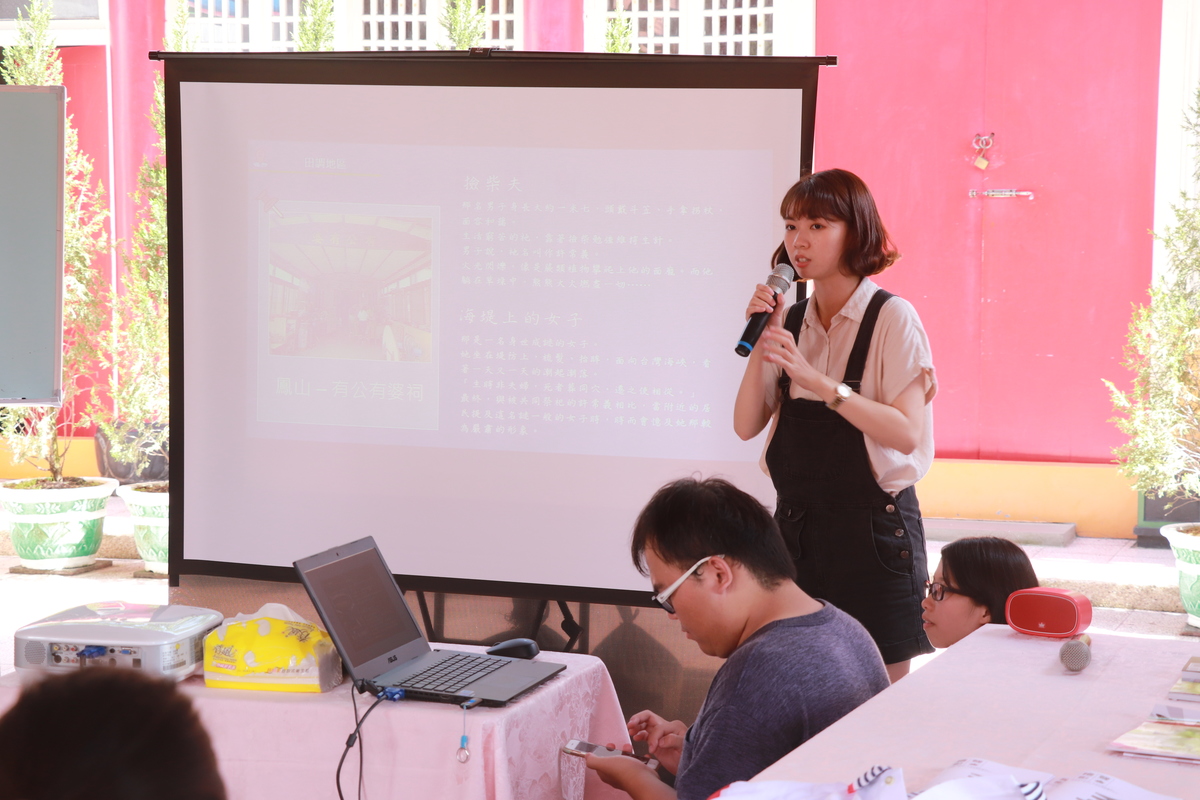
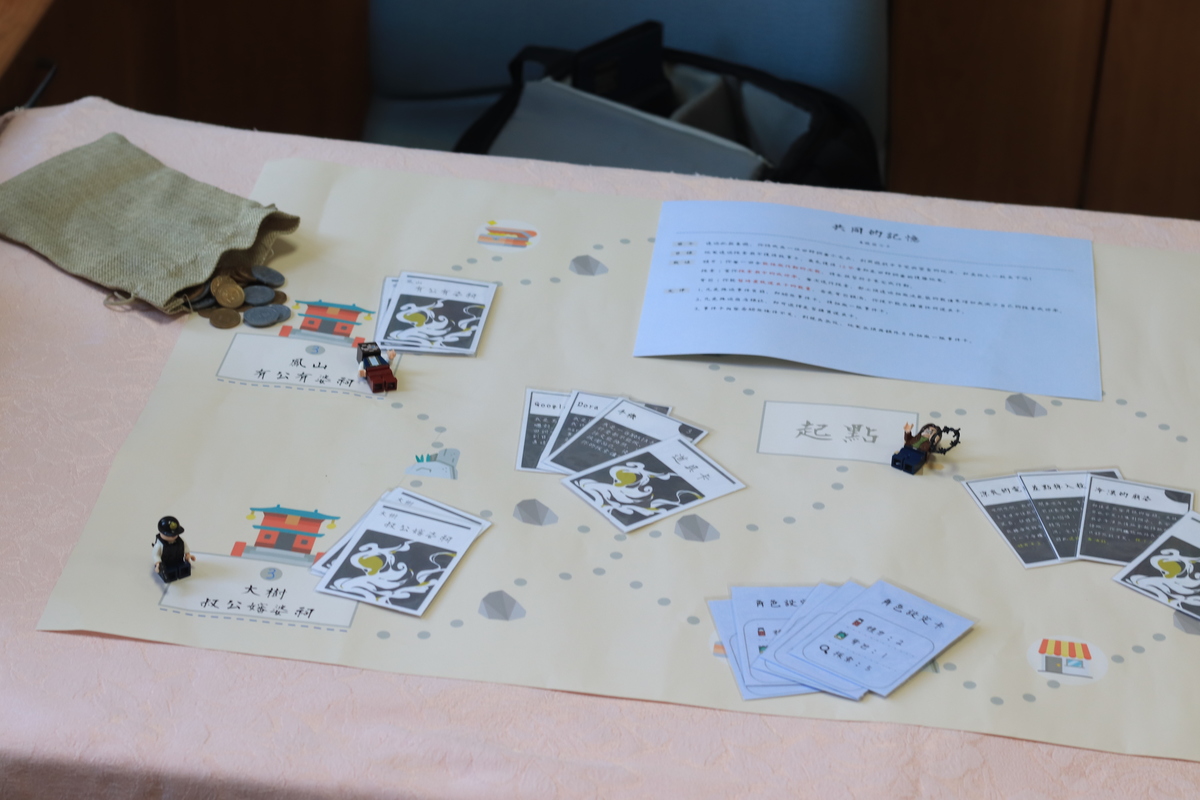
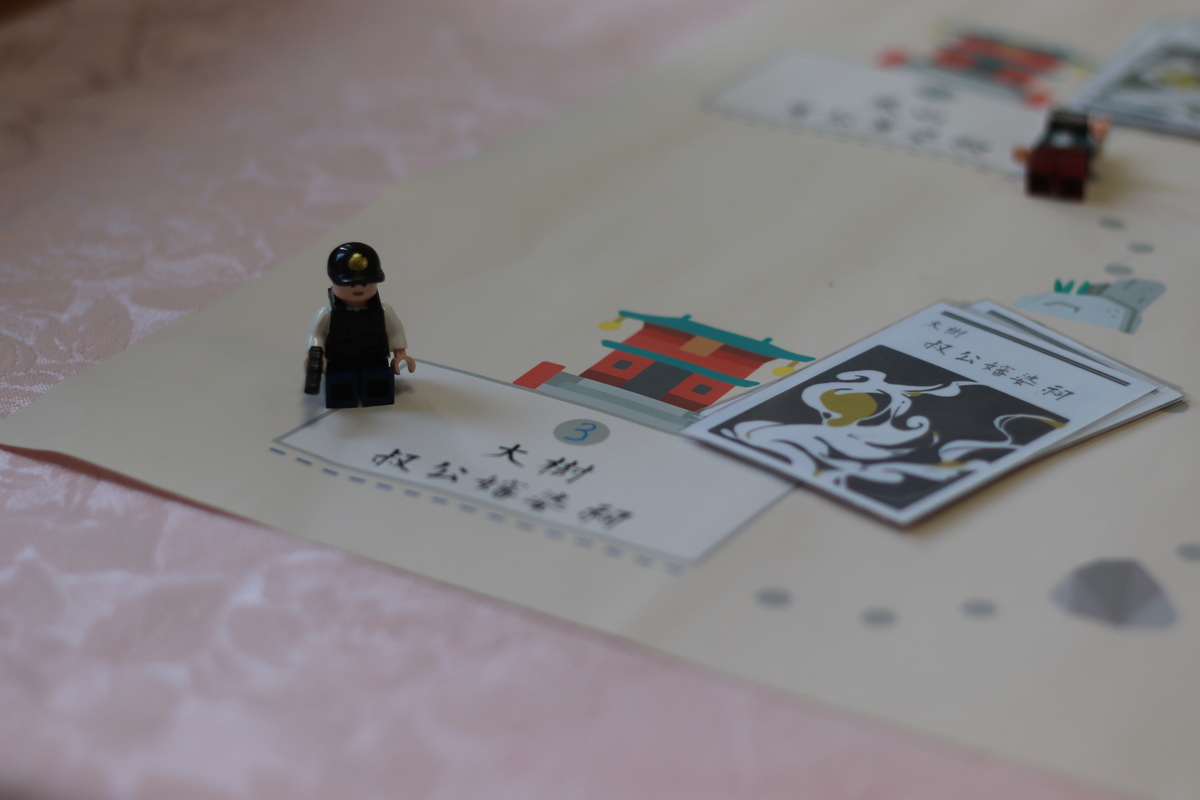
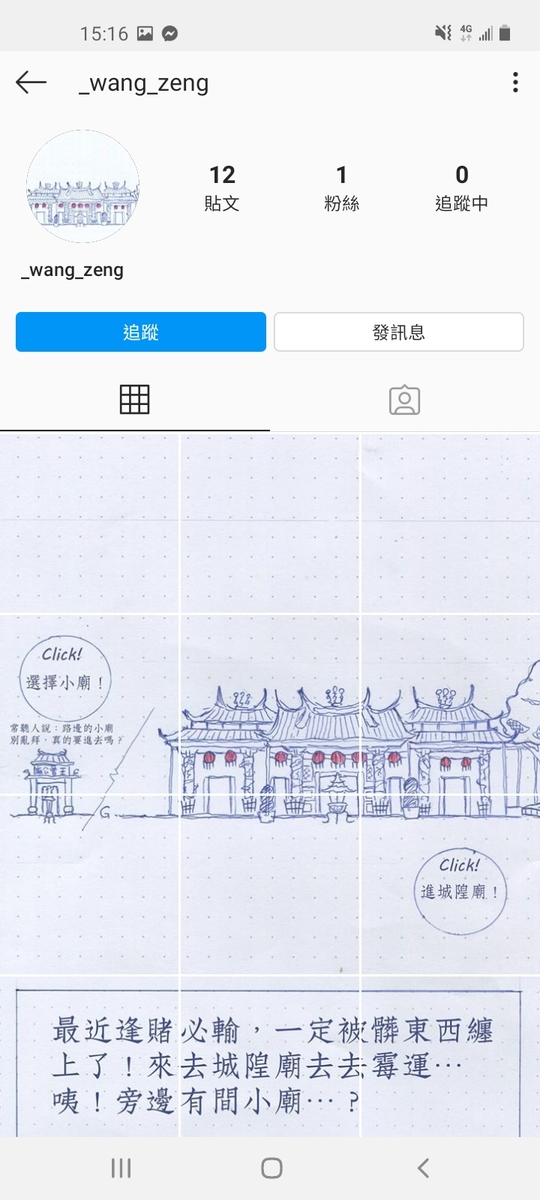
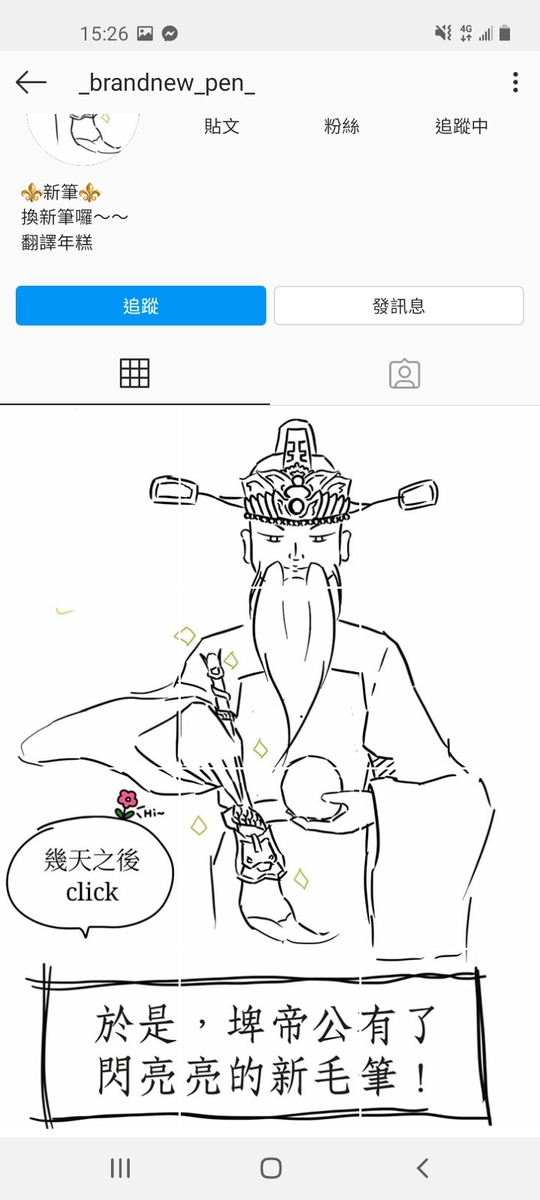
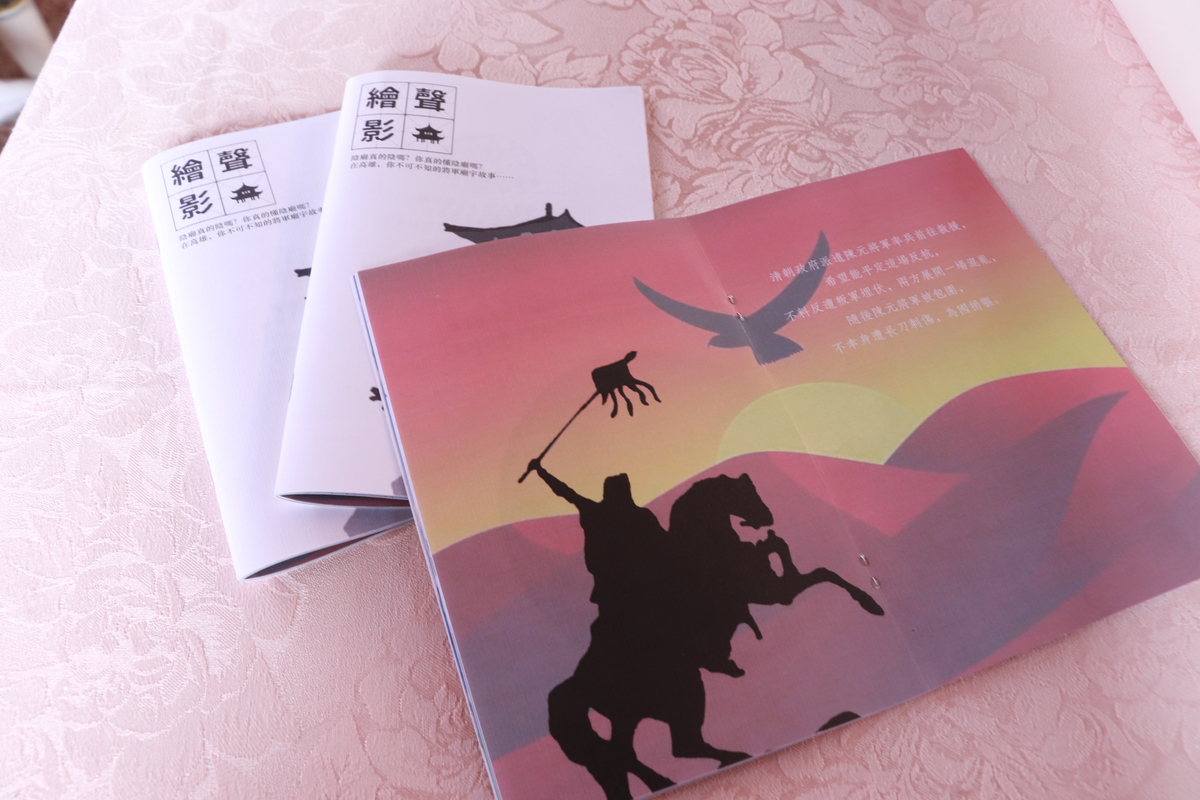
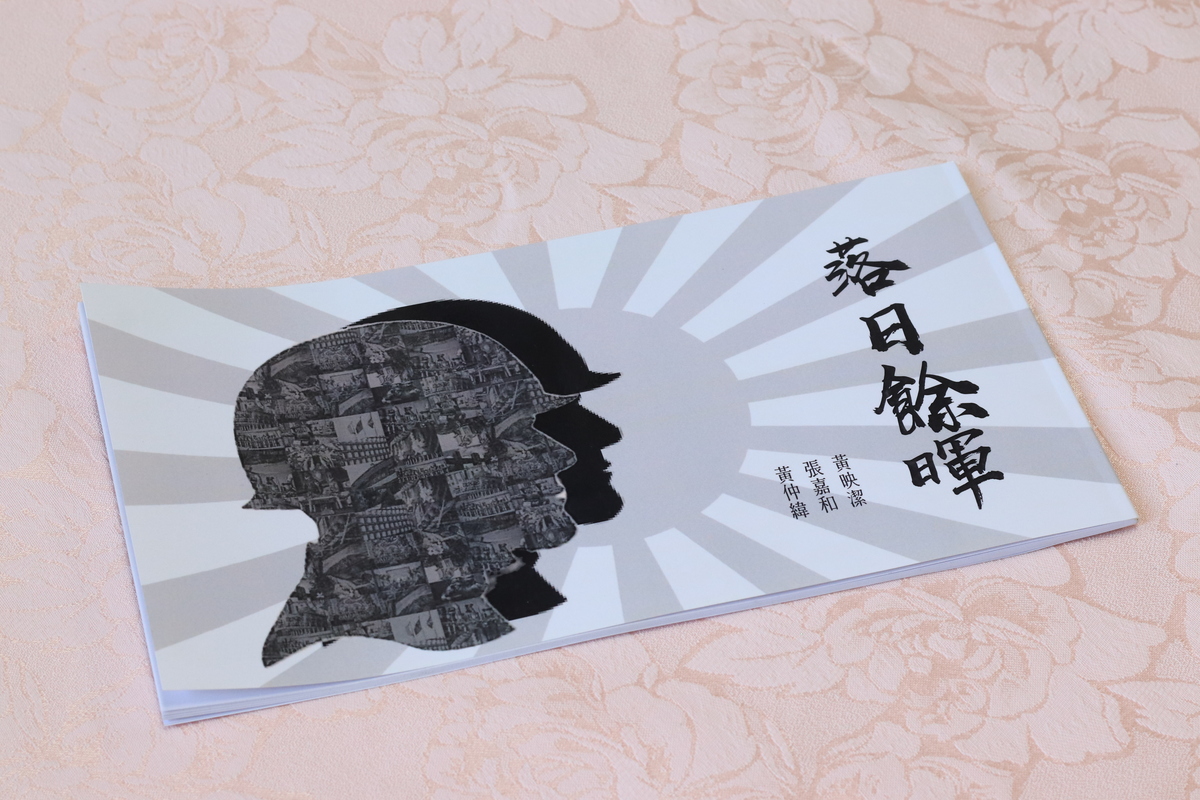
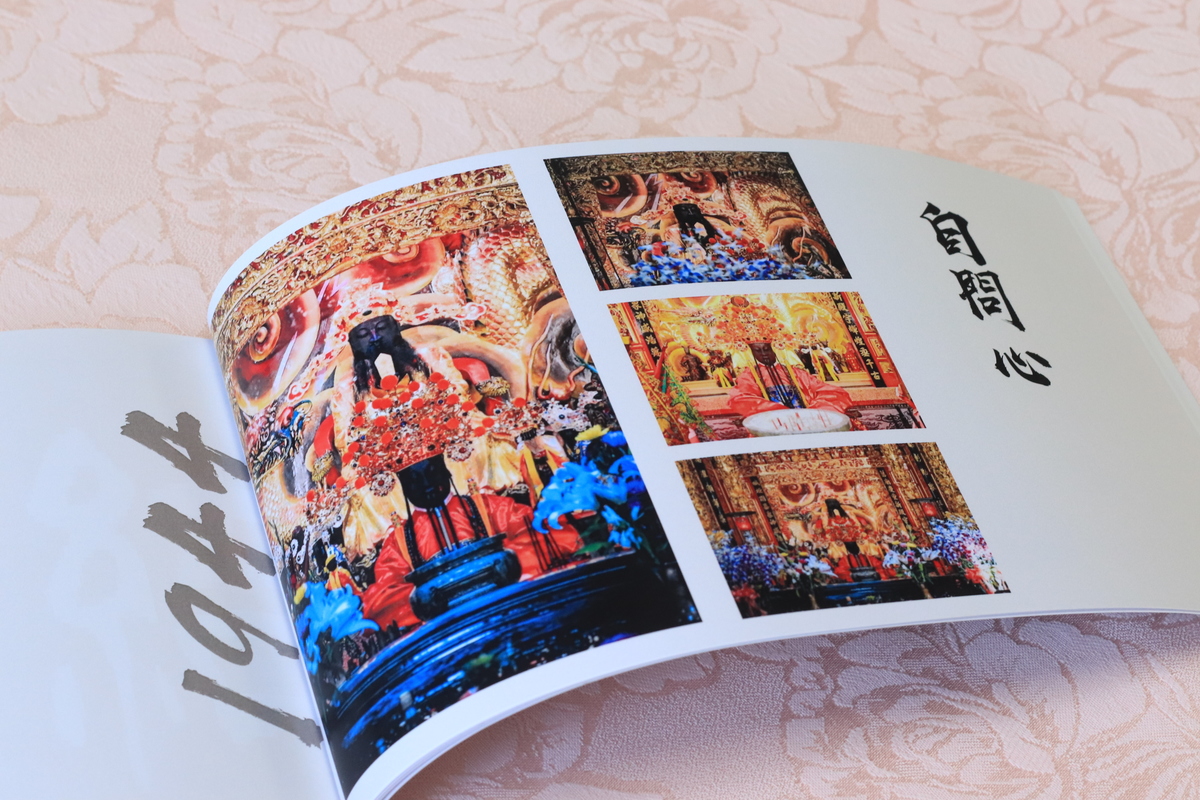
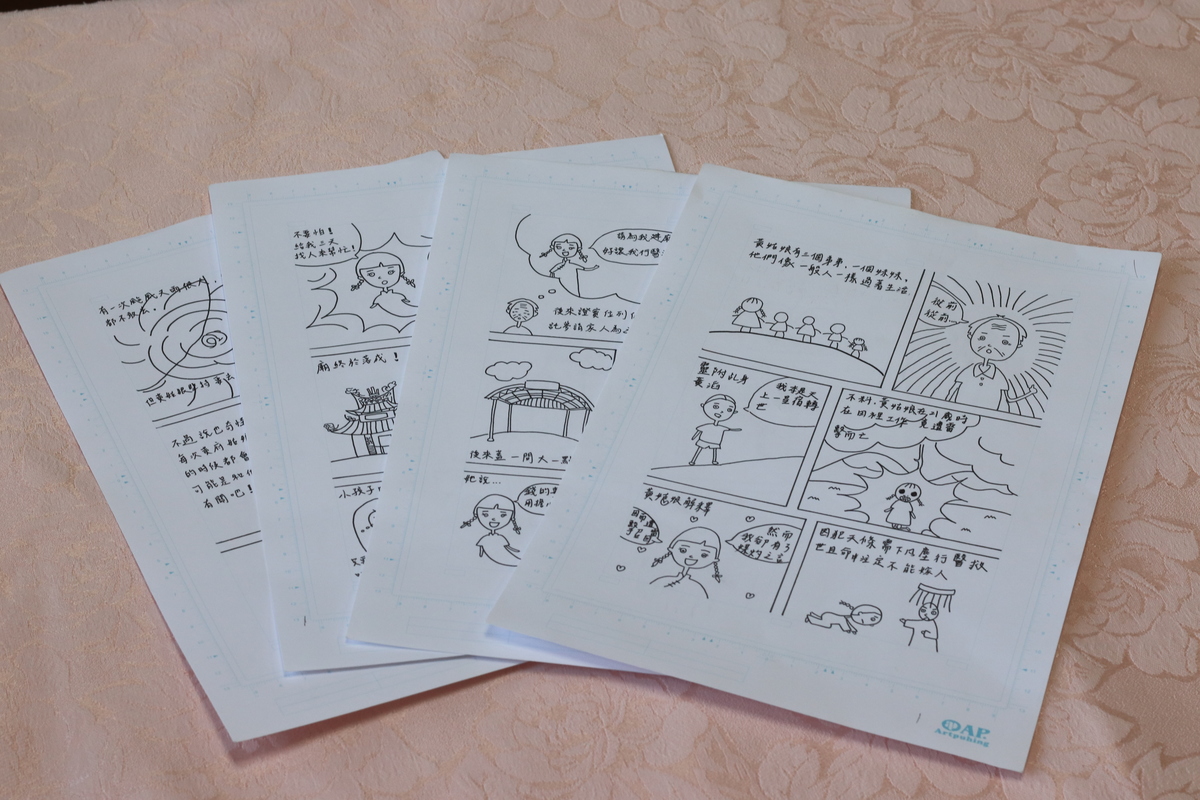
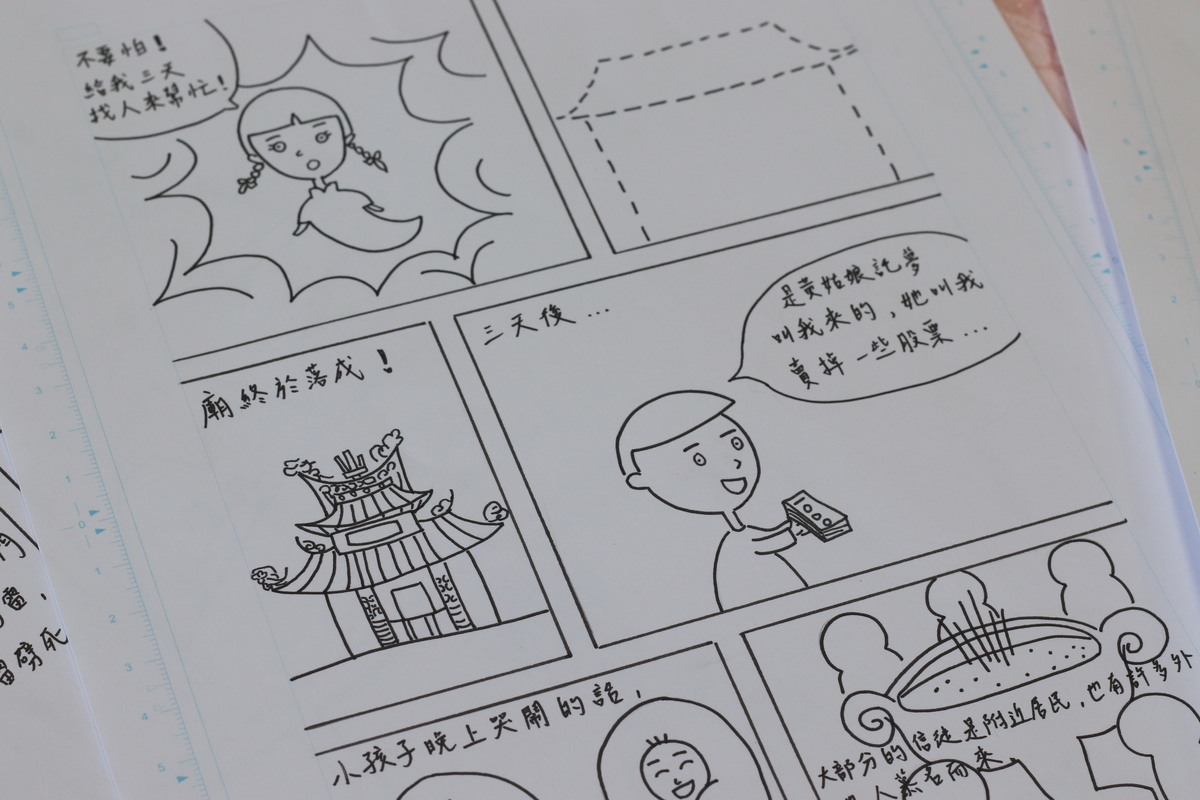
Associate Professor of the Department of Chinese Literature, NSYSU, Ching-Wen Luo started a course on "Minnan Folk Literature and Culture", guiding the students to use digital tools and geographic information systems to conduct surveys on ghost temples in the Kaohsiung area. After the field study, the students designed a board game and a graphic role-playing game (RPG), to convey the idea that ghost temples, which are home to ancestors, are a blessing to the residents, whom they protect.
Associate Professor Luo said that ghost temples may seem like a dark shadow cast over the city but they are an important part of local history. Ghost temples are where the bones of the dead are buried and lonely souls are sacrificed. In the past, this would cause indescribable fear among people, who were afraid of death; ghost temples would even be the origin of ghost stories. In fact, they are dedicated to native Taiwanese deities. Even foreign deities, Japanese and Dutch, who lived and were buried here, can be considered “Taiwanese ancestors". To understand them is to understand our past, said Assistant Professor Luo.
The course touches upon the subject of ghost temples, which was not widely discussed nor documented in the past. Associate Professor Luo drew a map of ghost temples in Kaohsiung City. Out of about 320 ghost temples in Kaohsiung City, 190 in the plains and hills were selected for geographical convenience. The 29 students studying the course were divided into groups of 3 or 4, and each group carried out a field survey in a different topic, including Shuiliugong and Shuiliuma – ghosts-deities whose bodies were found by water flows, foreign deities, couple burial, and soldiers who fell in the war.
To make the students feel at ease and prepare them to conduct the field survey scrupulously and with confidence, Associate Professor Luo took them to Daitian Temple near the University to pray and explained the taboos and everything they need to know before setting about the task. After the survey, the students used their creativity to design a board game, an audiobook, a photo book, and a comic book. Recently, the team published their survey results on Ling Hsing Eighteen Lords Temple in Sizihwan Bay in a book on faith and creation in the temples of Kaohsiung.
The theme of the board game was ghost temples; it was highly appreciated by the temple staff, NSYSU faculty and students. The idea for the game was conceived by Tsung-Hao Tsai, a student of the Department of Chinese Literature and a board game geek, who collected over 50 board games since high school. His dream is to become a Chinese language teacher and combine study materials with board games for innovative teaching. This time, he contributed several ideas for the board game.
This board game – Common Memories is about memories of the field study shared by almost all of the students. Tsung-Hao pointed out that the plot was inspired by his and other team members' exploration of couple burial in ghost temples. They designed personal set cards, prop cards, event cards, and story cards, which let the player get fully immersed. To conduct a field study in a ghost temple, they needed a camera, a voice recorder, an interview outline, a map, and a peace charm. What is more interesting is that during the game, the players experience chaotic situations, such as space fascination or sudden rain. Even though one may be well-prepared, luck is still very important, as unexpected situations come up and leave deep impressions on the investigator.
Another group of students turned the results of their study into a graphic role-playing game. One of the team members, Min-Hsin Wang, a student of the Department of Chinese Literature, mentioned that her team did a field survey on Tseng Wang God Temple in Fengshan District. The temple is dedicated to Tseng Wang, an upright and chivalrous woman, who was arrested by the county government, as the legend has it. Basing on literary and historical materials, the team compiled the legend into images and designed a graphic role-playing game to play on Instagram. She said that through this game, she hopes to overturn the stereotypes about ghost temples and encourage people to adopt a more open-minded approach and perceive the ghosts as the first residents of this land. The course was supported by the College of Liberal Arts of National Sun Yat-sen University and the USR-C Project “City as a Commuseum-Socially Embedded Community Engagement”.
Associate Professor Luo said that ghost temples may seem like a dark shadow cast over the city but they are an important part of local history. Ghost temples are where the bones of the dead are buried and lonely souls are sacrificed. In the past, this would cause indescribable fear among people, who were afraid of death; ghost temples would even be the origin of ghost stories. In fact, they are dedicated to native Taiwanese deities. Even foreign deities, Japanese and Dutch, who lived and were buried here, can be considered “Taiwanese ancestors". To understand them is to understand our past, said Assistant Professor Luo.
The course touches upon the subject of ghost temples, which was not widely discussed nor documented in the past. Associate Professor Luo drew a map of ghost temples in Kaohsiung City. Out of about 320 ghost temples in Kaohsiung City, 190 in the plains and hills were selected for geographical convenience. The 29 students studying the course were divided into groups of 3 or 4, and each group carried out a field survey in a different topic, including Shuiliugong and Shuiliuma – ghosts-deities whose bodies were found by water flows, foreign deities, couple burial, and soldiers who fell in the war.
To make the students feel at ease and prepare them to conduct the field survey scrupulously and with confidence, Associate Professor Luo took them to Daitian Temple near the University to pray and explained the taboos and everything they need to know before setting about the task. After the survey, the students used their creativity to design a board game, an audiobook, a photo book, and a comic book. Recently, the team published their survey results on Ling Hsing Eighteen Lords Temple in Sizihwan Bay in a book on faith and creation in the temples of Kaohsiung.
The theme of the board game was ghost temples; it was highly appreciated by the temple staff, NSYSU faculty and students. The idea for the game was conceived by Tsung-Hao Tsai, a student of the Department of Chinese Literature and a board game geek, who collected over 50 board games since high school. His dream is to become a Chinese language teacher and combine study materials with board games for innovative teaching. This time, he contributed several ideas for the board game.
This board game – Common Memories is about memories of the field study shared by almost all of the students. Tsung-Hao pointed out that the plot was inspired by his and other team members' exploration of couple burial in ghost temples. They designed personal set cards, prop cards, event cards, and story cards, which let the player get fully immersed. To conduct a field study in a ghost temple, they needed a camera, a voice recorder, an interview outline, a map, and a peace charm. What is more interesting is that during the game, the players experience chaotic situations, such as space fascination or sudden rain. Even though one may be well-prepared, luck is still very important, as unexpected situations come up and leave deep impressions on the investigator.
Another group of students turned the results of their study into a graphic role-playing game. One of the team members, Min-Hsin Wang, a student of the Department of Chinese Literature, mentioned that her team did a field survey on Tseng Wang God Temple in Fengshan District. The temple is dedicated to Tseng Wang, an upright and chivalrous woman, who was arrested by the county government, as the legend has it. Basing on literary and historical materials, the team compiled the legend into images and designed a graphic role-playing game to play on Instagram. She said that through this game, she hopes to overturn the stereotypes about ghost temples and encourage people to adopt a more open-minded approach and perceive the ghosts as the first residents of this land. The course was supported by the College of Liberal Arts of National Sun Yat-sen University and the USR-C Project “City as a Commuseum-Socially Embedded Community Engagement”.
Click Num:
Share
